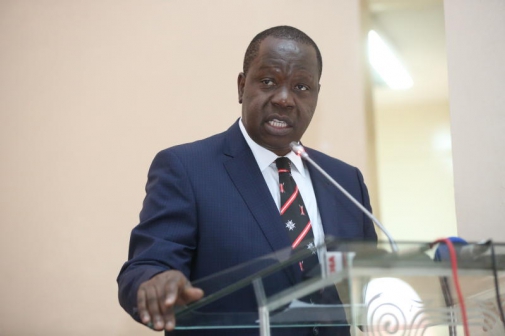×
The Standard e-Paper
Stay Informed, Even Offline

A new school system which abolishes the Kenya Certificate of Primary Education and Kenya Certificate of Secondary Education examinations will be tabled for approval on January 30.
The transition of learners from primary to secondary school without examinations is among several changes proposed in a new comprehensive radical reform plan.